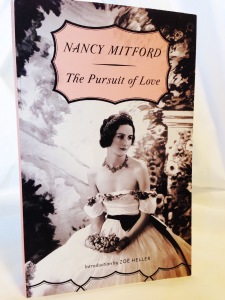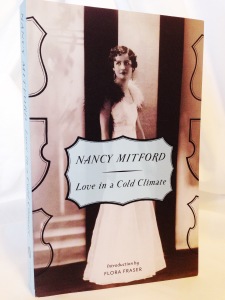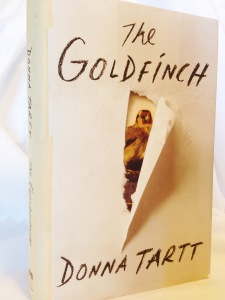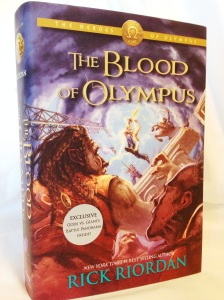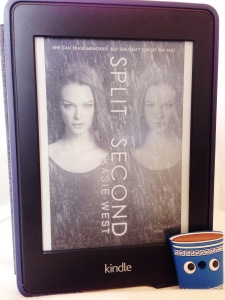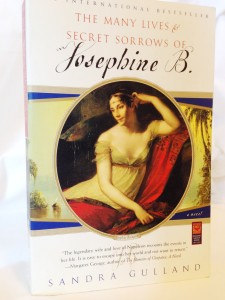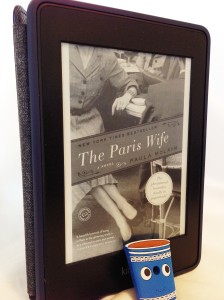What’s it about?
The Pursuit of Love is about people who are foolish enough to want to always be falling in love without ever being in love. They only want that first flush of excitement and attraction. As soon as it settles down, starts deepening into a more robust relationship, they get bored and flee. both Linda and the Bolter – Fanny’s mother – are constantly flitting from one relationship to another.
Why should you read it?
It’s a bit slow by today’s standards – again. Life moved at a slower pace before radio and television and the internet. But it is delicious. You probably know (or knew) someone who flitted from relationship to relationship, never settling down, always convinced that the next person would be The One. Is it a quest for perfection? Perhaps. Does it ultimately lead to happiness? It depends on how you define happiness. The Pursuit of Love is amusing and fun to read, sympathetic to all its characters, while endorsing none.
